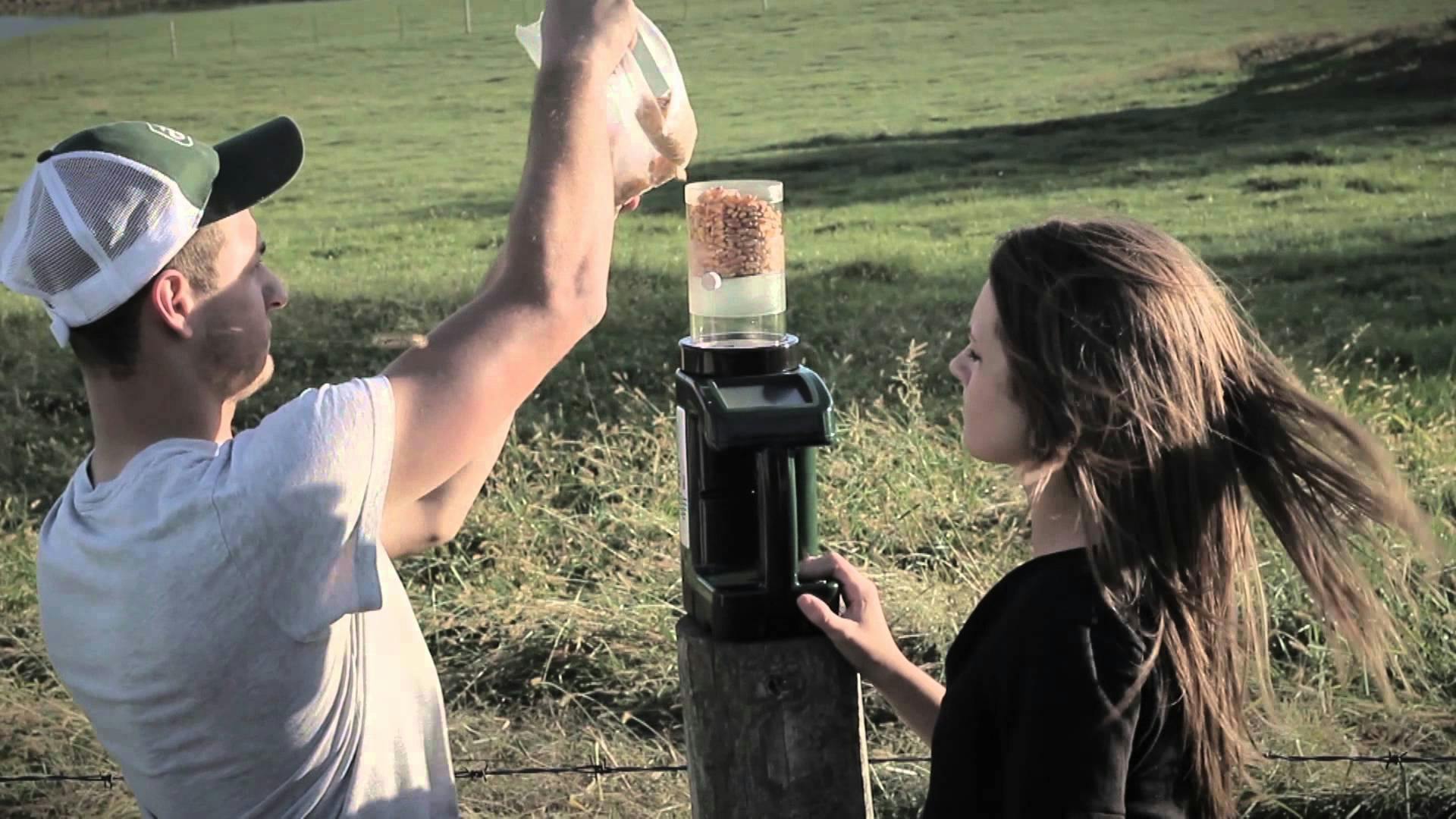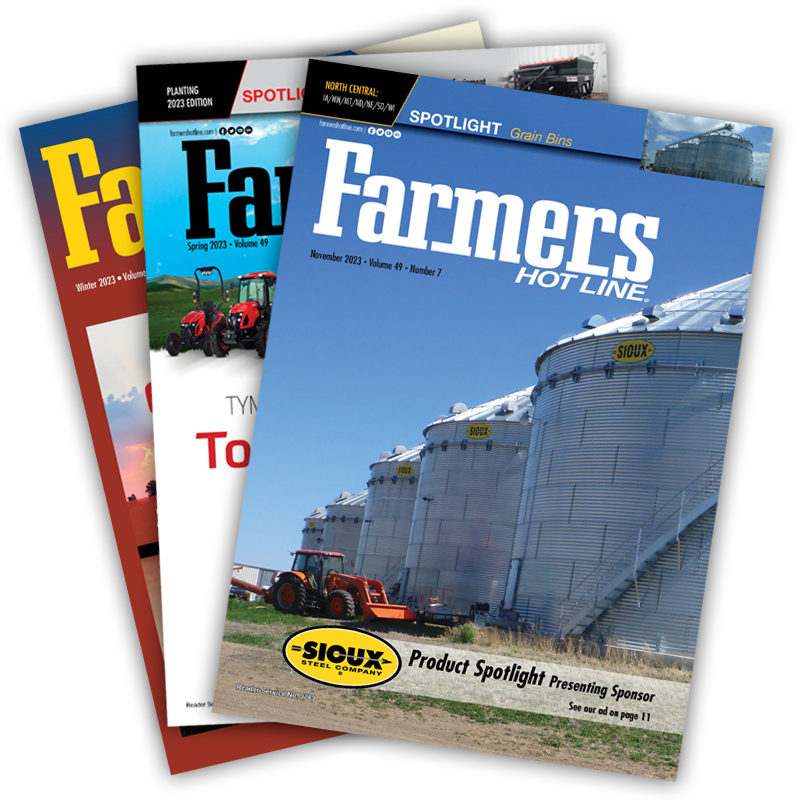6 Reasons to Consider a Grain Moisture Meter

Before the invention of the moisture meter, farmers would have to “eyeball” their products to determine if they were sufficiently dry for use, or use an oven dry test, which is time-consuming and inconvenient. Both processes took time and there was a large margin of error with purely visual inspections. If the farmer were ever in doubt as to whether the wood was ready for use, they’d have to wait for a few more days to make sure it was acclimated.
#1: To Improve Efficiency
Thanks to the invention of the moisture meter, however, a farmer can know for certain in a couple of minutes if their grain is dry enough, saving time. In fact, many new grain moisture testers today feature technology that allows farmers to share the results though their phones to compare lots or even daily moisture test results.
#2: For Accurate, Reliable Moisture Readings
Another benefit of using a moisture meter is that it provides a much more reliable measurement of the percentage of moisture content of grain than a simple bite on the grain can. Grain that is dry on the surface can still be holding moisture deep within. Using a quality moisture tester provides the ability to find moisture pockets that are hidden from the human eye or, in this case, bite.
#3: For Quality Control
One of the biggest reasons experienced farmers use moisture meters is to ensure that their products conform to their own high standards of quality. Without a moisture meter, there is no reliable way to be certain that the grain they planted is ready to harvest or even has the qualities they want for the highest profit margins. Moisture testers allow farmers to have control of the production and the quality of the grains they are planting.
#4: To Avoid Waste
Raising crops is a global business today, so farmers are always looking for ways to improve productivity and quality while lowering costs. Farmers often seek the best tools and implements to help them be more profitable. Using a moisture tester assures the quality of the planting in all the production stages:
· Checking seed quality: For seed to germinate, it must be healthy. Moisture is important because only properly nourished seed will grow. Farmers don`t want to waste money and time planting seeds that will not germinate correctly.
· Checking the correct timing to harvest: Farmers need to know the moisture content of crops in the field so they can calibrate their harvesters correctly.
Reason #5: To Prevent Mold
When farmers store grain, they must monitor and control moisture conditions. Mold loves a damp, cool environment. Over time, mold can begin to grow on or inside the affected grain and spread, which could ruin a whole production. Moisture testers help monitor grain storage environments.
#6: Saving Money
Obviously, when grains have too much moisture, they’re worth less because of added costs to dry and process grains to reach optimal conditions. Moisture testers give farmers a better estimate of production profitability.
Manoella Rodrigues da Silva is general manager for Missouri Moisture Analyzers. For more information, visit www.mtcmoisture.com or call (660) 562-0203.

